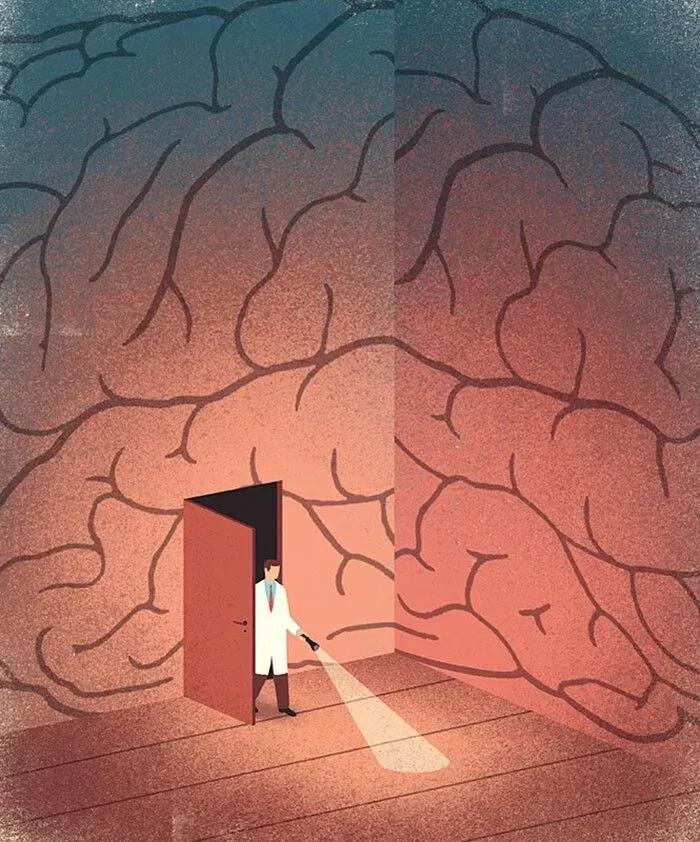Epilepsy is a neurological disorder that affects people of all ages and is characterized by the presence of recurrent seizures, caused by abnormal electrical activity in the brain. These seizures can range from brief episodes of disconnection or involuntary movements to generalized convulsions, and their impact goes beyond physical health, also influencing the quality of life, mental health, and social integration of those who suffer from it.
At the neuropathological level, various studies have identified structural lesions such as hippocampal sclerosis, focal cortical dysplasias, and certain benign tumors as common causes of refractory epilepsy, that is, epilepsy that does not respond to medications. The article Neuropathologie de l’épilepsie notes that these alterations, visible in neuroimaging or detected during surgeries, interfere with neural networks and facilitate the generation of abnormal electrical discharges. Detecting them is key, as precise identification allows for the selection of surgical treatments that, in many cases, offer significant reduction or even remission of seizures.
Types of epilepsy:
Focal: starts in a specific area of the brain. Example: involuntary movements in one hand, strange sensations, or “déjà vu.”
Generalized: affects both hemispheres from the onset. Example: tonic-clonic seizures or absences.
Unknown onset: cannot determine whether they were focal or generalized due to lack of data.
Possible causes:
Although in many cases a clear origin is not identified, the main causes include mutations or inheritance that alter neuronal function; visible brain injuries such as cortical dysplasia, hippocampal sclerosis, or tumors; metabolic disorders; and sequelae from central nervous system infections such as neurocysticercosis or encephalitis.
Diagnosis:
The most commonly used test is the electroencephalogram (EEG), which involves placing electrodes on the scalp to record brain electrical activity. The EEG helps differentiate epileptic seizures from other events such as syncope or sleep disorders, and guides the type of epilepsy for a more appropriate treatment.

Epilepsy is not a single condition but a spectrum of disorders that require precise diagnosis and a personalized approach. Identifying the type of seizure, its origin, and its cause is fundamental to offering the most effective treatment, whether pharmacological, surgical, or complementary. However, the comprehensive approach must go beyond controlling seizures: it is necessary to combat stigma, ensure access to medical care, and provide psychological and social support. Only then will it be possible to reduce the impact of this “brain storm” and improve the quality of life of those who suffer from it.
Author: Sol Aebi, student of the Bachelor’s Degree in Biotechnology at UADE

Comments